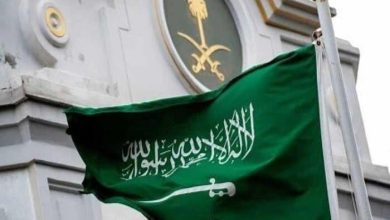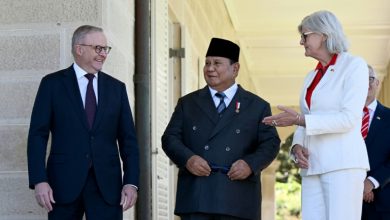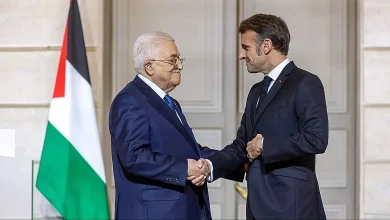
The Palestinian movement Hamas has agreed to a new ceasefire proposal from Arab mediators Egypt and Qatar to end the 22-month devastating war in the Gaza Strip.
Meanwhile, Israel is advancing with plans to expand its military offensive in the enclave, including reoccupying Gaza City, as the humanitarian conditions in Gaza are rapidly deteriorating and the Palestinian death toll from the war has exceeded 62,000.
Arab Ceasefire Proposal
Several media on Monday reported, citing informed sources, that Hamas and other Palestinian factions accepted a new Gaza ceasefire proposal from mediators. Senior Hamas official, Basem Naim, confirmed that the group had accepted the mediators’ ceasefire proposal in a Facebook post.
Talks took place between Egyptian and Qatari mediators and Hamas representatives in Cairo on Sunday, with the Qatari Prime Minister, Sheikh Mohammed bin Abdulrahman Al Thani, joining the talks on Monday and meeting with Egypt’s President, Abdel Fattah Al-Sisi, according to the Associated Press (AP).
Mediators Efforts
Egyptian Foreign Minister, Badr Abdelatty, told the AP that the mediators are inviting the US Special Envoy, Steve Witkoff, to join the ceasefire negotiations.
Speaking during a visit to Egypt’s Rafah crossing with Gaza, alongside the Palestinian Prime Minister, Mohamed Mustafa, Abdelatty said that mediators are “exerting extensive efforts” to revive a US proposal for a 60-day ceasefire that will see the release of some hostages and the resumption of negotiations for a lasting ceasefire.
Proposal Details
An Egyptian official told the AP that the new ceasefire proposal is nearly identical to an earlier one proposed by Witkoff and accepted by Israel, which has not joined the latest talks.
Other sources told Egypt’s Al-Qahera News that the proposal includes Israeli troops’ redeployment to areas near the border to facilitate the entry of humanitarian aid into the Gaza Strip. Moreover, it involves a 60-day truce during which a number of Palestinian prisoners will be freed in return for half of the remaining 50 Israeli hostages.
Discussions for a comprehensive deal or a permanent ceasefire will start on day one of the truce, the sources said.
Meanwhile, a Palestinian source told AFP that “mediators provided Hamas and the factions with guarantees for the implementation of the agreement, along with a commitment to resume talks to seek a permanent solution.”
No Israeli Response
Israel has not yet responded to the Hamas-accepted ceasefire proposal. The head of the Egypt State Information Service, Diaa Rashwan, confirmed to the AP that mediators had sent the proposal to Israel.
In the light of this, an Israeli official told the AP that Tel Aviv’s position has not changed from previous rounds of talks, which includes the release of all hostages in one patch and the disarmament of Hamas.
In a video address, the Israeli Prime Minister, Benjamin Netanyahu, said that reports of Hamas’ acceptance of the proposal showed that it is “under massive pressure.” Meanwhile, the Israeli Defense Minister, Israel Katz, said that Hamas’ willingness to discuss a hostage deal is because of “fear that we seriously intend to conquer Gaza City.”
Meanwhile, the US President, Donald Trump, seemed skeptic about the long-running negotiations. “We will only see the return of the remaining hostages when Hamas is confronted and destroyed!!! The sooner this takes place, the better the chances of success will be,” he posted on Truth Social on Monday.
Mounting Death Toll
The Israeli war on Gaza, which broke out on October 7, 2023 following Hamas’ attack on Israel, has so far killed over 62,000 Palestinians and injured 156,230 others, according to Gaza’s Health Ministry.
The Ministry also said that this figure includes 1,965 Palestinians who were killed while seeking humanitarian aid. Moreover, 263 Palestinians, including 112 children, died from malnutrition-related complications.
On Monday, Amnesty International accused Israel of “carrying out a deliberate campaign of starvation in the occupied Gaza Strip, systematically destroying the health, well-being and social fabric of Palestinian life.”





